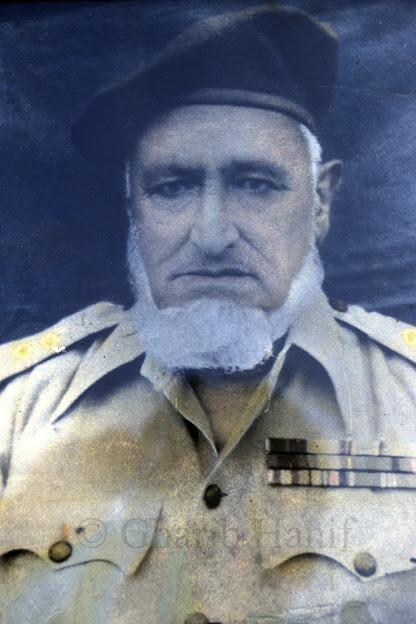Hast-o-Bood Part-5
Hast-o-Bood
My connection with Mian Ijaz Nabi Sahib, the author of Hast-o-Bood,
dates back to my student days. We both had a common interest in poetry and literature,
that value has not kept us "apart from each other" despite spending
most of our lives "out of sight." And when he came to Gujarat
permanently after retirement and turned to writing and composing with a long
study career, he gave me the privilege of introducing his first creation.
I knew Mian Sahib as a poet but I did not know that his pen moves at
the same pace in the valleys of prose and in both genres his aim and end is the
same as the summary of his poem. Which is listed at the beginning of the book.
What emerges immediately from the study of this poem and this prose is that
Mian Sahib is one of those virtuous people who, in order to see the future warm
and radiant, ignite the sparks in the ashes of the past and use the burn wet
dry wood of the present. Wishing to convert to Aloe, I have added to the
descriptive order of good nature because it is not possible to think with a
sense of well-being about the permanence of others without this essence. Seeing
a child miserable in the street, not everyone stops by him and whoever stops
must have a good nature and humanity in his heart. After spending a significant
part of his life at the end of the day, he had no idea that the story of his
predecessors should warm the hearts of the youth.
I think that as long as Mian Sahib remained in the job, he became a
brief description of the merciful reward, he continued to serve his loved ones.
But the desire to continue to take part in this good work after retirement led
him to tell his young and influential children about the attitude of their
elders towards body and soul in their careers. The distinction was made by
elders and according to him the flowers and thorns of punishment and
retribution were wrapped around ancestors’ feet. In this regard, his statement
is very weighty that "the hunger for hard worker is not destined in any
era". Iqbal has made this point as follows:
The question that comes to mind is why the author wanted to make the
history of Mangral Rajputs? Apparently this is the reason why Mian Sahib did
not have the whole "Millat-e-Islamia" or
"Millat-e-Pakistan". In short, it was an "ethnic nation"
(tribe-clan) whose spirit could only be revived with the story of victory and
defeat of the ancestors of the same race, in the balance of which each
individual belonging to the Mangral nation [tribe] weighed himself. I could
have guessed the price and the lightness.
Continue to Part-6 …. Wait
#Mangral #Mangral_Rajpoot #Mangral_Rajpute #Hast_o_Bood
#Mian_Ejaz_Nabi #Kotali_Mangralan



Comments
Post a Comment